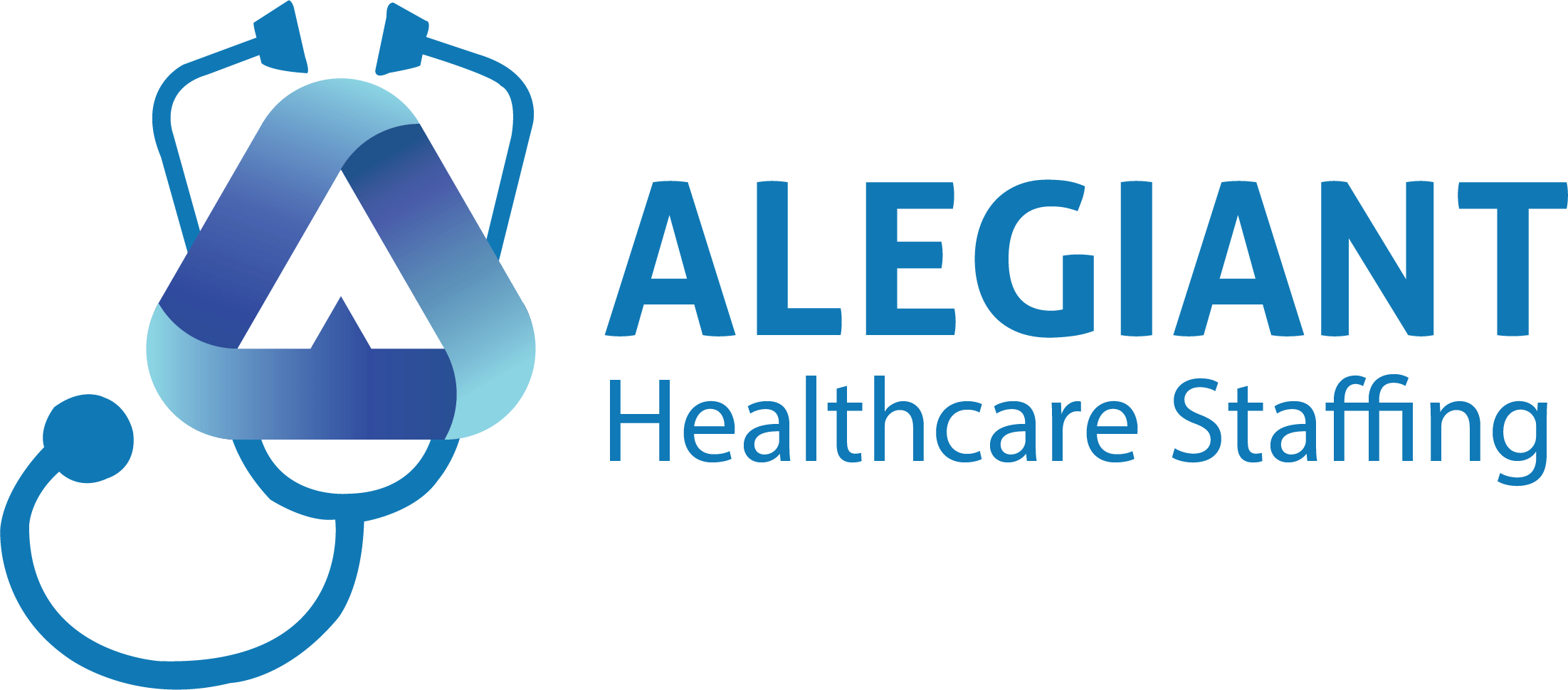Nowadays people have a large portion of their private life conveniently stored in one or two objects that you normally always carry close. Laptops, tablets, and smartphones all make our lives so much more convenient on the go but traveling with them can also make us more vulnerable to cyber-attacks! Of course, it’s not possible to leave your phone at home while you’re on your travel assignments, so we created some cyber security tips so you can keep that phone on you at all times and have your private information stay secure!
Locks, Passwords, and Browsers
If you look online you can find a lot of safety resources that will help you protect your sensitive and private information while on a traveling assignment. But we found it best to start with how you lock your devices and the passwords you use to protect them.
Create long passwords and change them regularly.
We all know it can be a pain to keep up with long and ever-changing passwords, but it’s a crucial part of keeping your data safe! As you travel from one assignment to the next, you’ll sign into apps and websites from many different locations. All you have to do is forget to sign out of one before someone with bad intentions can see all your private information! To make sure you keep them all straight it might help to look into a password manager that will keep your passwords secure.
Always enable two-factor authentication, PINs, or biometrics.
Using features like this will create extra security measures for your personal devices. It’s best to think about which authentication combination works best for you and your lifestyle. It can be a fingerprint scan, security questions, or even a PIN, you’ll want to make sure logging into your devices is convenient and most of all save for you and no one else.
Make sure your browser says HTTPS before you reach for your credit card.
Most people don’t know but the “S” at the end of the HTTP stands for “Secure” and helps keep your private information encrypted against hackers. Make sure next time you’re online shopping or paying bills, make sure you’re on a secure, HTTPS browser. And if one’s available to you, always take advantage of a VPN.
Wi-Fi and Bluetooth Connectivity
Bluetooth connections and USB ports in rental cars, airports, or hotel rooms have become a convenience we expect to see in just about every modern establishment. Before you start connecting your smart device make sure to consider what you’re connecting to!
Keep your Bluetooth and auto-connect turned off when traveling.
These features are useful for your everyday routine from things like device-free driving to picking up where you left off on your favorite murder mystery podcast. One 2021 security report found that a rental car company could still recover 70 phones connected to their car’s smart dashboard. They were able to see call logs, contacts, text messages, music history, and even their Facebook and Twitter activity. Even though you only connected to the car for the week you never know how long your connectivity history is visible, so make sure to keep that in mind the next time you connect!
Be wary of public Wi-Fi.
This doesn’t mean don’t use it! But instead, opt for mobile hotspot services or a secure network when you can. If you must use public Wi-Fi, avoid connecting to anything when you are looking at financial statements or any sensitive data that you wouldn’t want to be shared with hackers. Although it might be super helpful and convenient to have all your credit card info saved to your favorite online stores, it may put you at risk for hackers.
Phishing, Updates, and Backups
Just as you would keep up your health and happiness it is also important to keep up with the general maintenance of your personal devices! Make sure your laptop, smartphone, tablet, and other devices are in good health. Doing this will help you stay protected against unwanted hackers! The last thing you need while taking care of your patients is a digital emergency! Here are some easy ways to keep up with your device’s general maintenance during your spare time.
Make sure your devices are up to date
When your device’s operating system is equipped with the most up-to-date features, it functions better. They will also have the most recent security features to help keep your data safe. But make sure to keep an eye out for new or unusual updates that do not look like they came from your product’s manufacturer – this could be a red flag!
Back up everything!
We have all lost or broken a phone at least once in our lives and getting your old data onto your new device can be impossible if you don’t have your old one. Having your data and settings backed up on a secure network or other devices can save you the headaches and stress of getting a new device. Not to mention all your favorite photos and memories will still be accessible and you won’t lose all the hard work that you put into documenting your travel nurse career.
Spam, phishing, and malware.
This can happen to anyone! Be careful of any suspicious links or emails that need you to take “Urgent” action. Taking a minute to Google search into an unknown company or person never hurts before you reply, especially when connected to a facility’s network. Also, look at the sender’s email address, it may look similar to the ones you are used to but sometimes stand out as fake.
Protect yourself and your devices on your next travel assignment
Technology is continuously evolving, the more this happens the more training and awareness we need to have to keep up with potential digital threats. But as you travel from one assignment to the next, your knowledge and skills in protecting your digital data will only get stronger! Although this was a lot of information at once, just remember to keep an eye out for red flags, trust your gut, and always report suspicious activity when a warning sign pops up.
And like always, reach out to your recruiter for any help when you are traveling and stay digitally safe!

